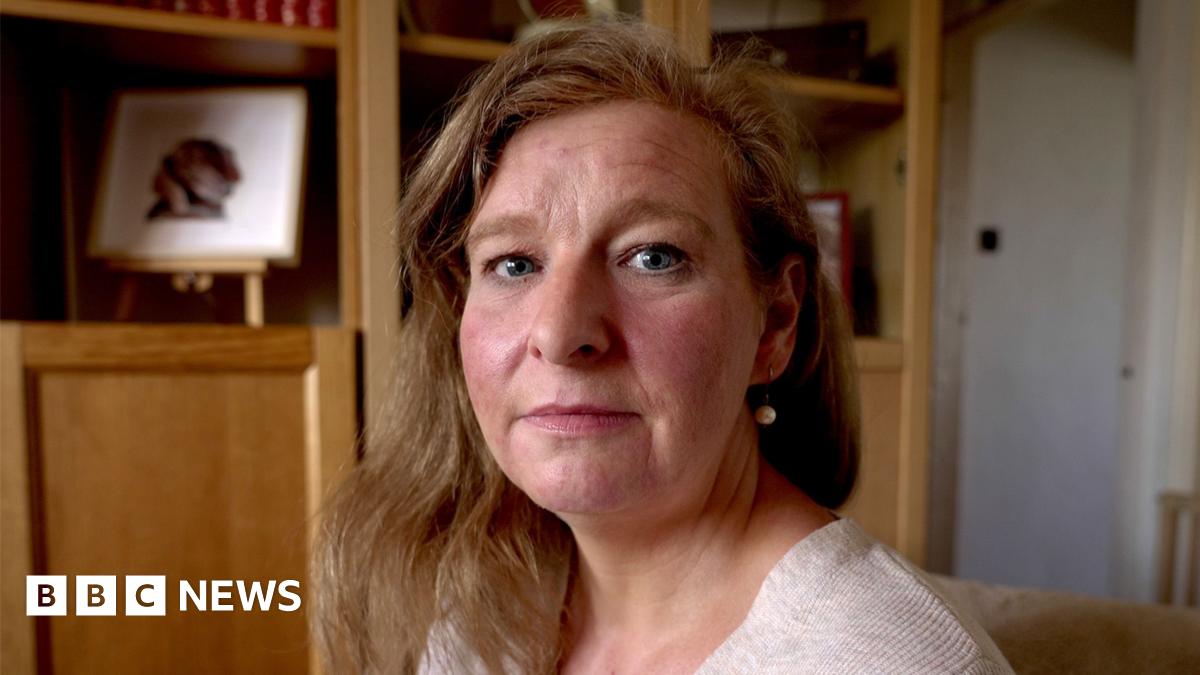When “Sarah” climbed up into the attic of her father’s house – she was completely unprepared for what she would find.
Her father, “James”, was a modest man who worked most of his life for the same company. He retired about 20 years ago when he was diagnosed with Parkinson’s.
He had managed the tremors and balance difficulties caused by the disorder by taking a prescription drug called Ropinirole.
But during the Covid-19 pandemic, Sarah had grown increasingly alarmed about her father’s secrecy and wanted to see what he had been spending his time doing.
In the loft, she discovered reams of handwritten notes and a dozen recording devices he had been using to bug his own home.
In writing and on tape he had documented innocent sounds his wife had made as she moved around the house, and while she slept, to try to prove she was having an affair. He had also catalogued details of numerous chat lines and porn websites he had been obsessively using.
When Sarah told her elderly mother about what she had found, she was horrified to hear that James had also been sexually coercive towards her.
It was only when Sarah took him to see his specialist nurse five years ago that she learned the medication her father was on could have such extreme side effects.
“Oh, he’s gone down the randy route, has he?” the nurse said.
The couple are now living separately in their old age, because James poses too much of a risk to his wife, says Sarah.
James lives in a specialist care home and Sarah says she has been told that he has sexually assaulted staff there.
“This medication has torn my family apart,” says Sarah – whose name we have changed along with her father’s.
Sarah has power of attorney for both her parents, including for their medical treatment.
She has carefully weighed their interests in deciding to tell her family’s story, she says, but wants people to know about the impact the drugs can have.

